Red Borneo Kratom is a unique strain of the Mitragyna speciosa tree, native to the island of Borneo. This tropical...
What is Kratom? Understanding Its Uses, Side Effects, and Safety Concerns

Kratom (Mitragyna speciosa) is a tropical evergreen tree native to Southeast Asia, particularly in countries like Thailand, Malaysia, Indonesia, and Papua New Guinea. The leaves of the Kratom tree contain compounds known as alkaloids, including mitragynine and 7-hydroxymitragynine, which are believed to have both stimulant and opioid-like effects on the human body.
Traditionally, the leaves of the Kratom tree have been used for centuries by local populations for their purported medicinal and recreational properties. Kratom leaves were often chewed, brewed into tea, or even smoked and inhaled to experience the plant's various effects.
In recent years, Kratom has gained increasing attention worldwide, both for its potential therapeutic benefits and its controversial legal status due to safety concerns and the risk of abuse and dependency.
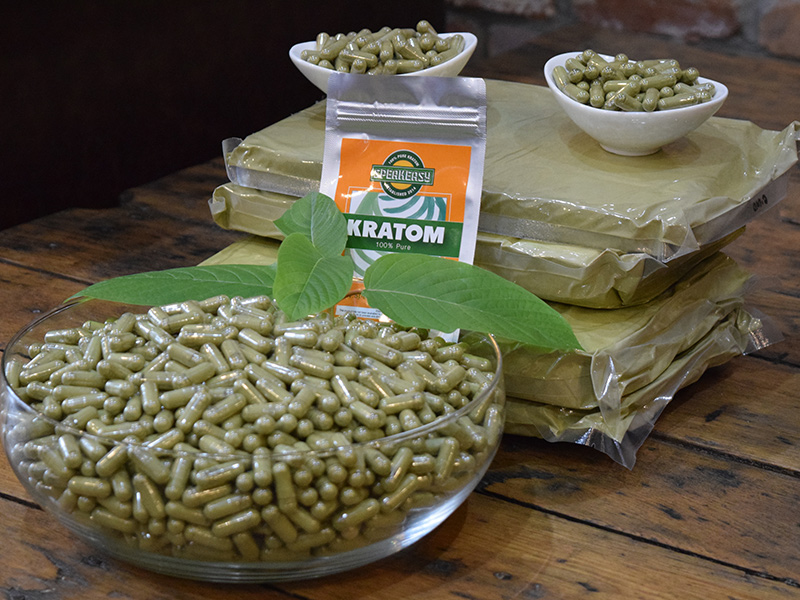
What are the Uses of Kratom?
-
Pain Relief and Energy Boost:
-
At low to moderate doses, Kratom can act as a stimulant, providing users with a sense of increased energy, alertness, and focus.
-
This stimulant-like effect has made Kratom popular as an alternative to caffeine or other stimulants for individuals seeking a natural energy boost.
-
Additionally, Kratom has been used by some individuals for its potential pain-relieving properties, as the plant's alkaloids may interact with opioid receptors in the body.
-
-
Mood Enhancement:
-
Many Kratom users report experiencing mood-elevating effects, including a sense of well-being, reduced anxiety, and improved depression symptoms.
-
The plant's alkaloids may have a calming and anxiolytic (anti-anxiety) effect, which has contributed to Kratom's popularity as a natural alternative for managing mental health issues.
-
-
Opioid Withdrawal Assistance:
-
One of the most controversial and widely-reported uses of Kratom is its potential to help manage opioid withdrawal symptoms.
-
The plant's alkaloids, particularly 7-hydroxymitragynine, are believed to interact with opioid receptors in the brain, potentially mimicking the effects of opioids and reducing withdrawal discomfort.
-
This has led some individuals to use Kratom as a self-medication tool to help manage opioid dependence and addiction.
-
What are the Potential Benefits of Kratom?
While Kratom has gained popularity for its purported benefits, the scientific research on the plant's effectiveness for various medical and therapeutic applications is still limited. The U.S. Food and Drug Administration (FDA) has not approved Kratom for any medical use, and its effectiveness for treating any conditions remains under scrutiny.
Some of the potential benefits of Kratom that have been explored in research include:
-
Pain management: Studies have suggested that Kratom's alkaloids may have analgesic (pain-relieving) properties, potentially offering an alternative to opioid-based painkillers.
-
Anxiety and depression management: Preliminary research indicates that Kratom may have anxiolytic and antidepressant-like effects, potentially offering a natural option for managing mental health issues.
-
Opioid withdrawal management: While some individuals have reported using Kratom to help manage opioid withdrawal symptoms, the effectiveness and safety of this practice are still under investigation.
It's crucial to note that the scientific evidence on the potential benefits of Kratom is still limited, and more comprehensive research is needed to fully understand its therapeutic applications and potential risks.
What are the Risks and Side Effects of Kratom?
Despite the potential benefits of Kratom, the plant also carries a range of risks and adverse effects that have raised significant concerns among health authorities and regulatory bodies.
-
Physical Side Effects:
-
Kratom use can lead to a variety of physical side effects, including nausea, vomiting, constipation, loss of appetite, weight loss, and liver damage.
-
The severity and likelihood of these side effects are often dose-dependent, with higher doses being more likely to cause adverse reactions.
-
In some cases, Kratom use has been associated with serious medical complications, such as seizures, respiratory depression, and even death, particularly when combined with other substances.
-
-
Psychological Effects:
-
Kratom can have significant psychological effects, including mood swings, anxiety, irritability, and, in some cases, hallucinations or psychosis.
-
High doses of Kratom may lead to sedation, euphoria, and even dissociative effects, contributing to the plant's potential for abuse and dependence.
-
-
Dependency and Withdrawal:
-
Like other substances that act on opioid receptors, Kratom can lead to physical and psychological dependence, with users experiencing withdrawal symptoms upon discontinuation.
-
Withdrawal symptoms from Kratom can mimic those of opioid withdrawal, including anxiety, irritability, insomnia, muscle aches, and even seizures in severe cases.
-
This contradicts the notion of Kratom as a safe alternative for managing opioid withdrawal, as it can ultimately lead to its own form of dependence.
-
What is the Legal Status and Safety Concerns around Kratom?
The legal status of Kratom varies significantly around the world and even within the United States. While Kratom remains unregulated at the federal level in the U.S., several states have taken steps to ban or control the sale and use of the plant due to health and safety concerns.
In the United States:
-
The Drug Enforcement Administration (DEA) has listed Kratom as a "drug of concern," indicating that it has the potential for abuse and may pose risks to public health.
-
The FDA has issued warnings about the use of Kratom, citing concerns over its potential for abuse, addiction, and serious health consequences, including death.
-
Several states, such as Alabama, Arkansas, Indiana, Rhode Island, and Wisconsin, have banned the possession, sale, or distribution of Kratom, while other states have regulated its use, such as requiring age restrictions or prescriptions.
Globally:
-
Kratom is illegal in several countries, including Thailand, Malaysia, Australia, and Myanmar, where it is considered a controlled substance.
-
In countries where Kratom is legal, there are often restrictions on its cultivation, sale, and use, with some requiring specific licenses or prescriptions for its purchase and consumption.
The ongoing debate surrounding Kratom's legal status and safety concerns has led to a complex and often contradictory landscape, with different jurisdictions taking varied approaches to regulating the plant.
What are the Concluding Thoughts on Kratom?
Kratom remains a subject of significant controversy, with debates centered around its potential therapeutic benefits and the serious safety concerns associated with its use. While some individuals have reported positive experiences with Kratom, the lack of comprehensive research and the known risks should caution those considering its use.
Healthcare professionals and regulatory authorities continue to warn about the potential dangers of Kratom, citing concerns over its addictive properties, adverse health effects, and the lack of approved medical applications. The variable legal status of Kratom across different regions adds to the complexity of the issue, making it crucial for individuals to be aware of the local laws and regulations before engaging with the plant.
As the debate surrounding Kratom continues, further scientific investigation and regulatory oversight will be crucial in determining the plant's place in medicine and society. Until more conclusive evidence is available, it is essential for individuals to approach Kratom with caution, prioritizing their health and safety, and to consult healthcare professionals when exploring alternative treatments or managing substance use disorders.
If you are looking for a reputable Kratom source, visit Speakeasy Kratom. Speakeasy Kratom is known for its high-quality Kratom products. They offer a wide variety of Kratom strains to cater to different needs and preferences.

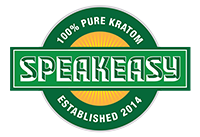





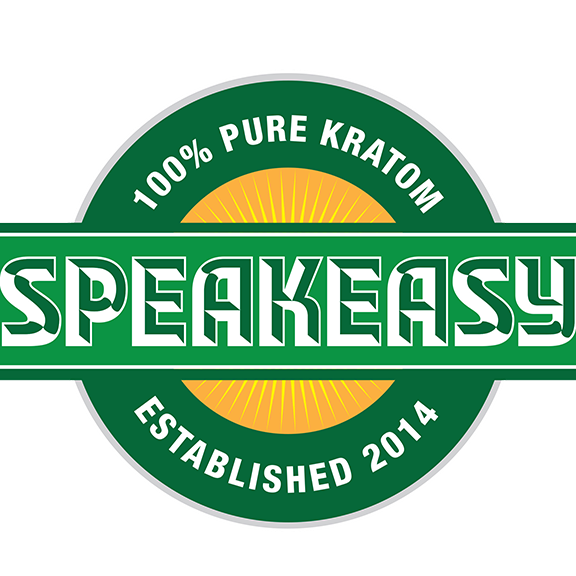
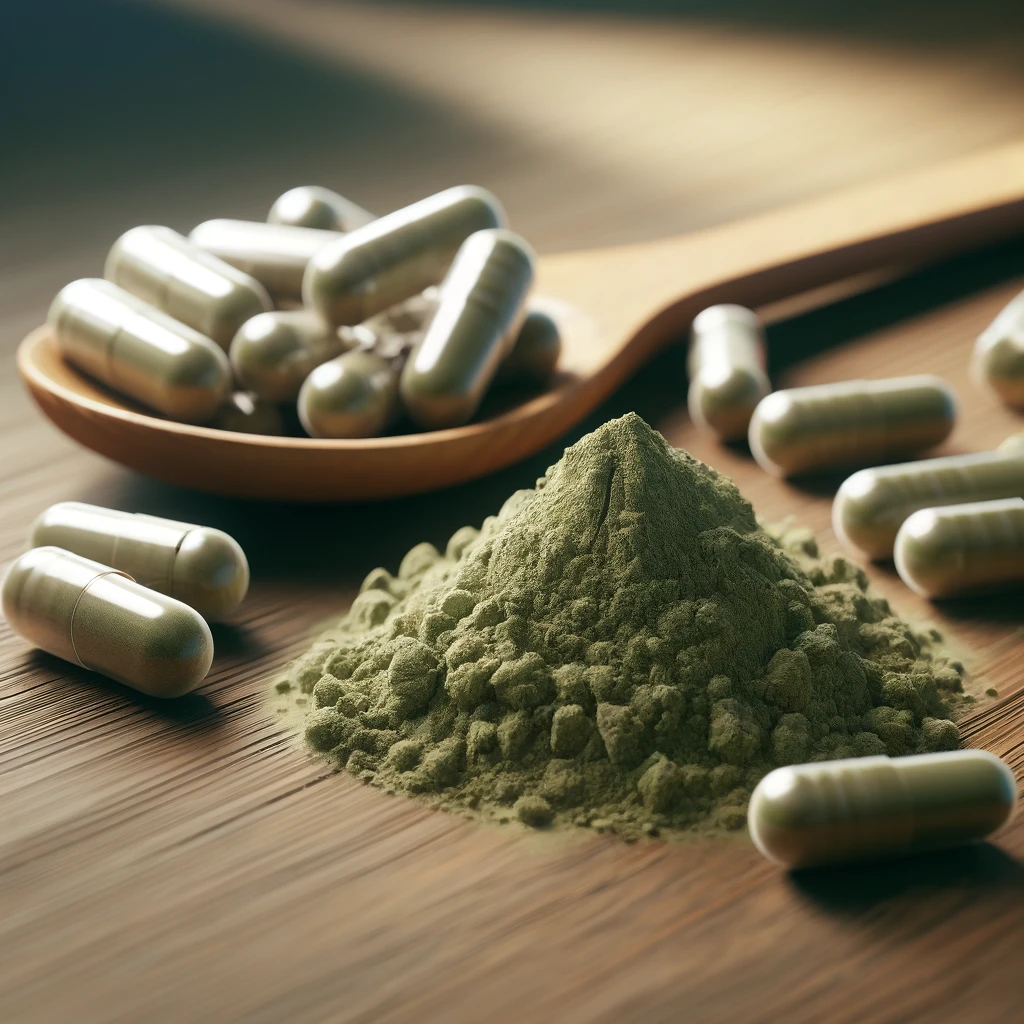


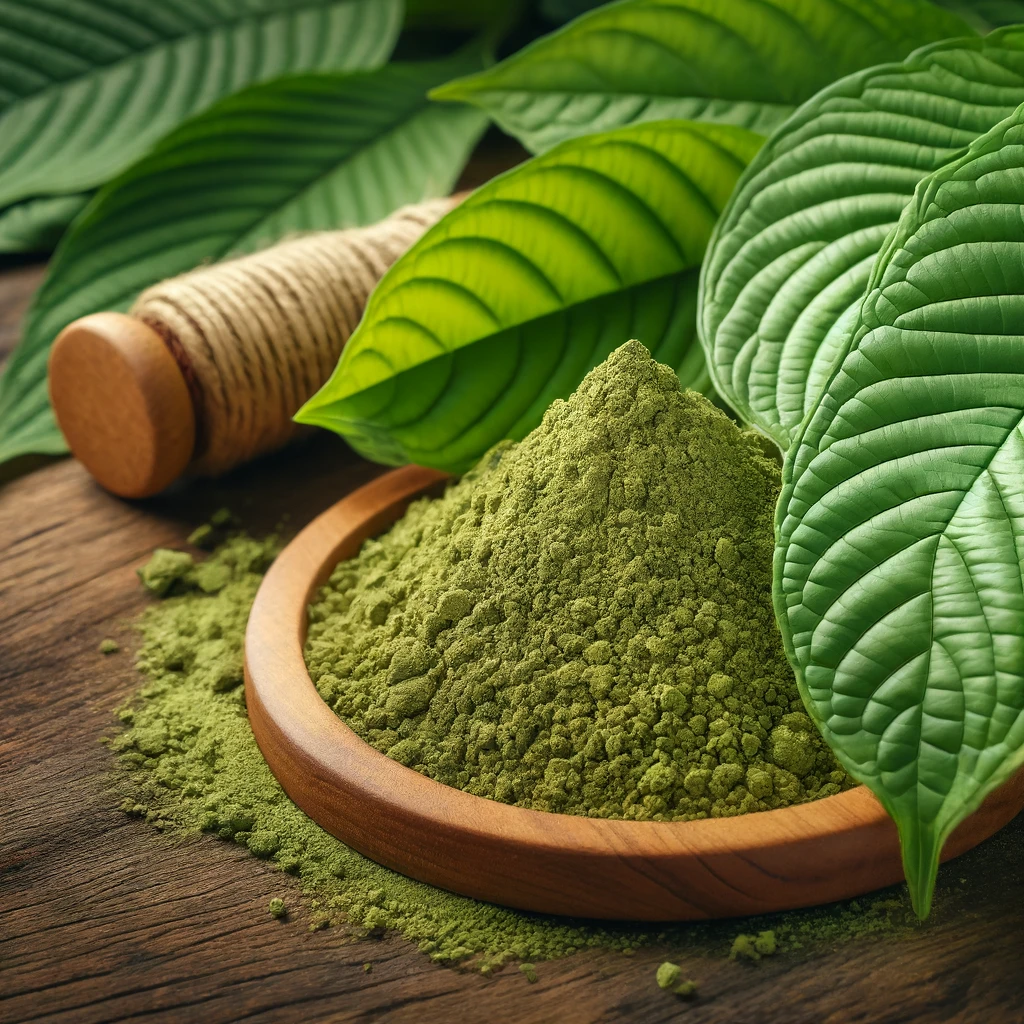

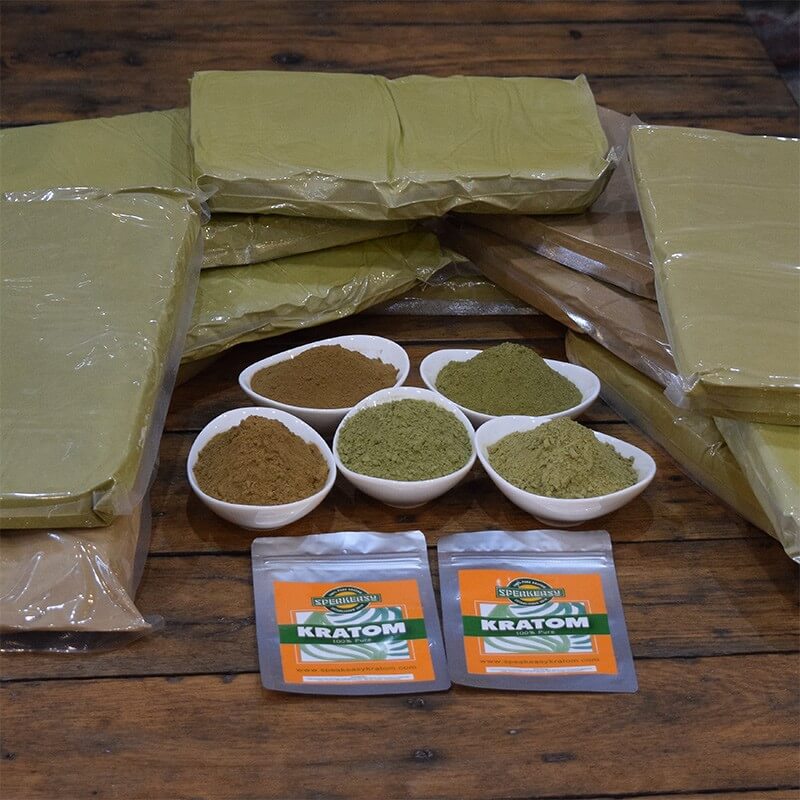
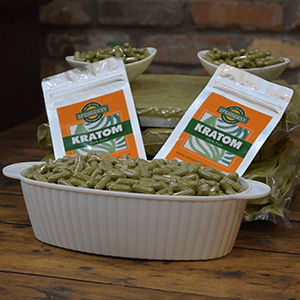
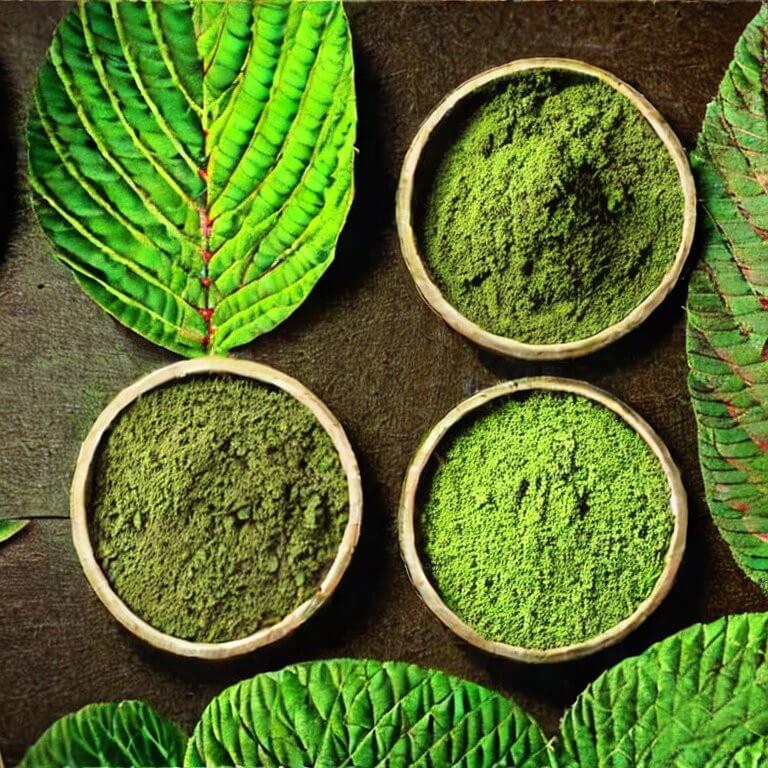
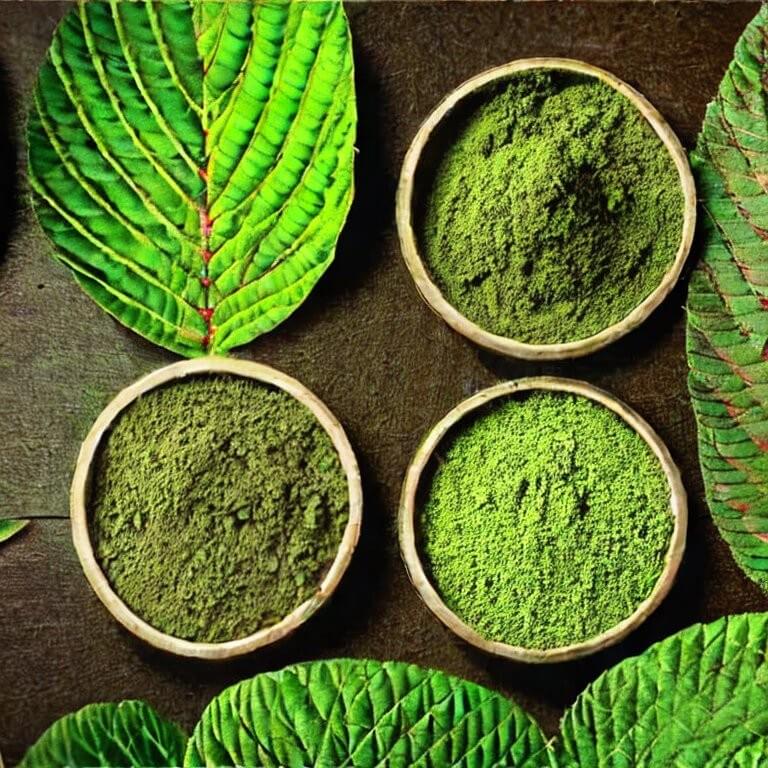
Leave a comment